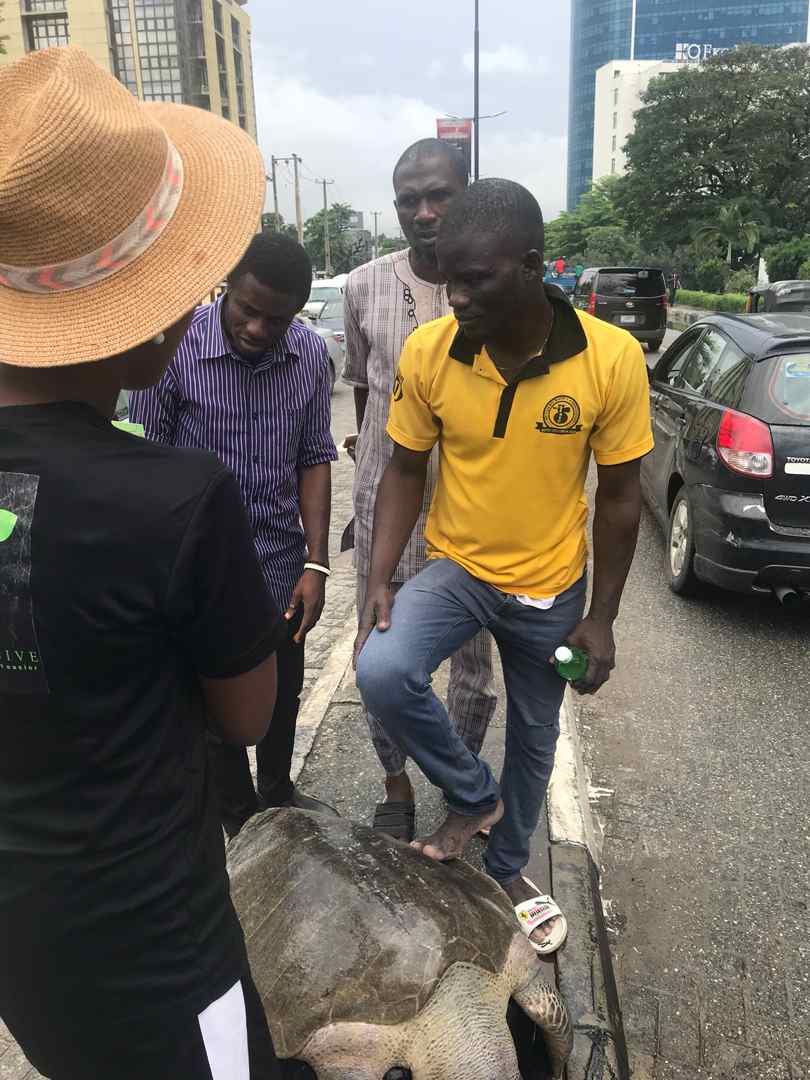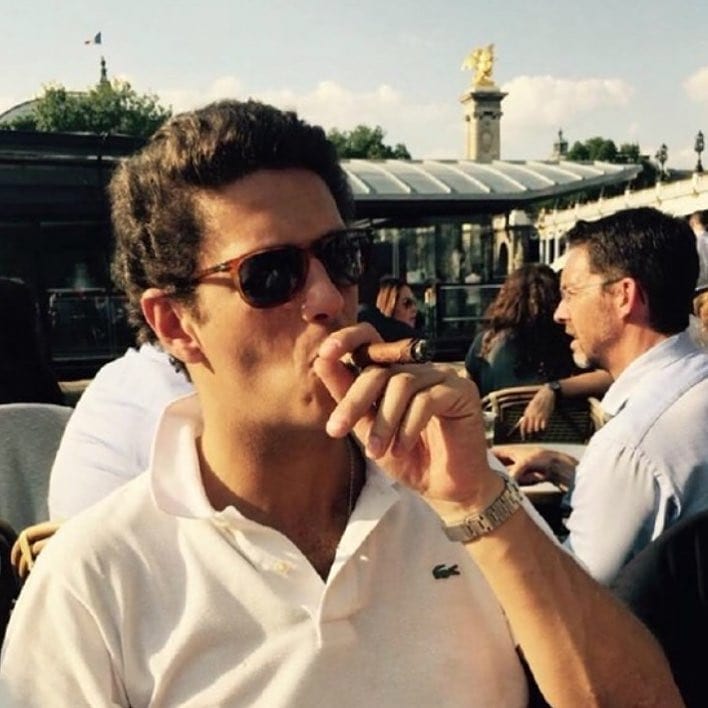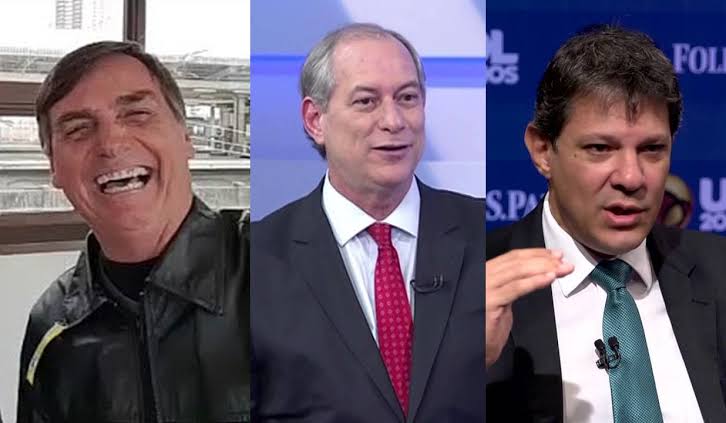Thank you for your overwhelming response to this thread. We'll be giving the last tweets and conclude. We hope that the death of Patrice Lumumba will make us more reflective on the kind of leadership we want on our continent.
Tshombe was a puppet for the Belgians and took his orders from them. He was the card they used to get to Lumumba, and the UN was aware of this.
Lumumba was only safe as long as he was in his house. The goal was to make him politically inactive.














